Introduction
![]()
The Hidden Dangers of Bird Seed for Dogs
Bird seed may seem harmless, but it can actually pose significant risks to our furry friends if ingested. While it’s designed to attract and nourish birds, the ingredients found in bird seed can be harmful to dogs. In this article, we’ll explore the potential dangers of bird seed ingestion and provide essential information to help you protect your canine companion.
Toxic Substances in Bird Seed
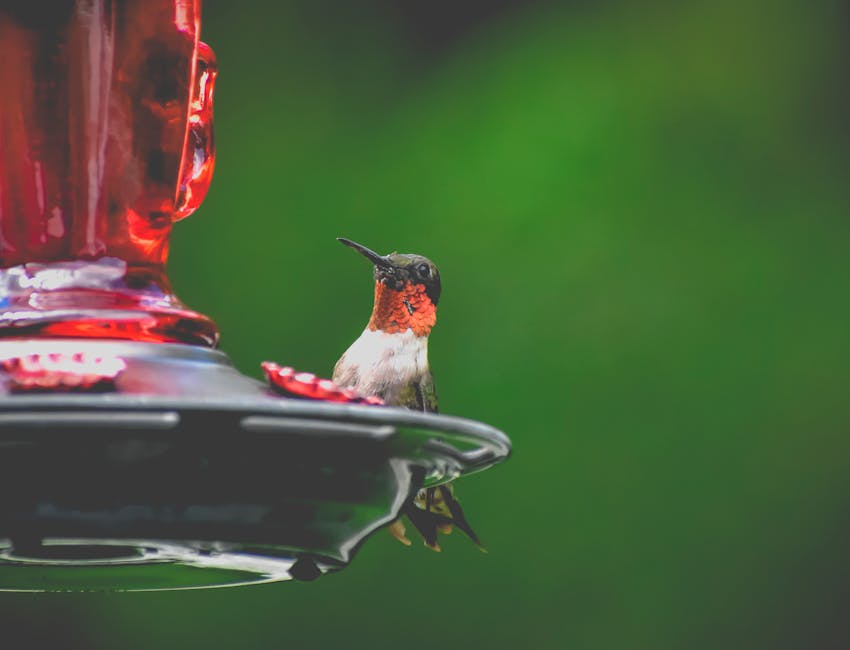
One of the primary concerns with bird seed is the presence of toxic substances that can be detrimental to a dog’s health. Pesticides, herbicides, fungicides, and artificial additives are often used in bird seed to deter pests and maintain its quality. However, when dogs consume these chemicals, it can lead to serious complications.
Beware of Toxic Plants and Flowers
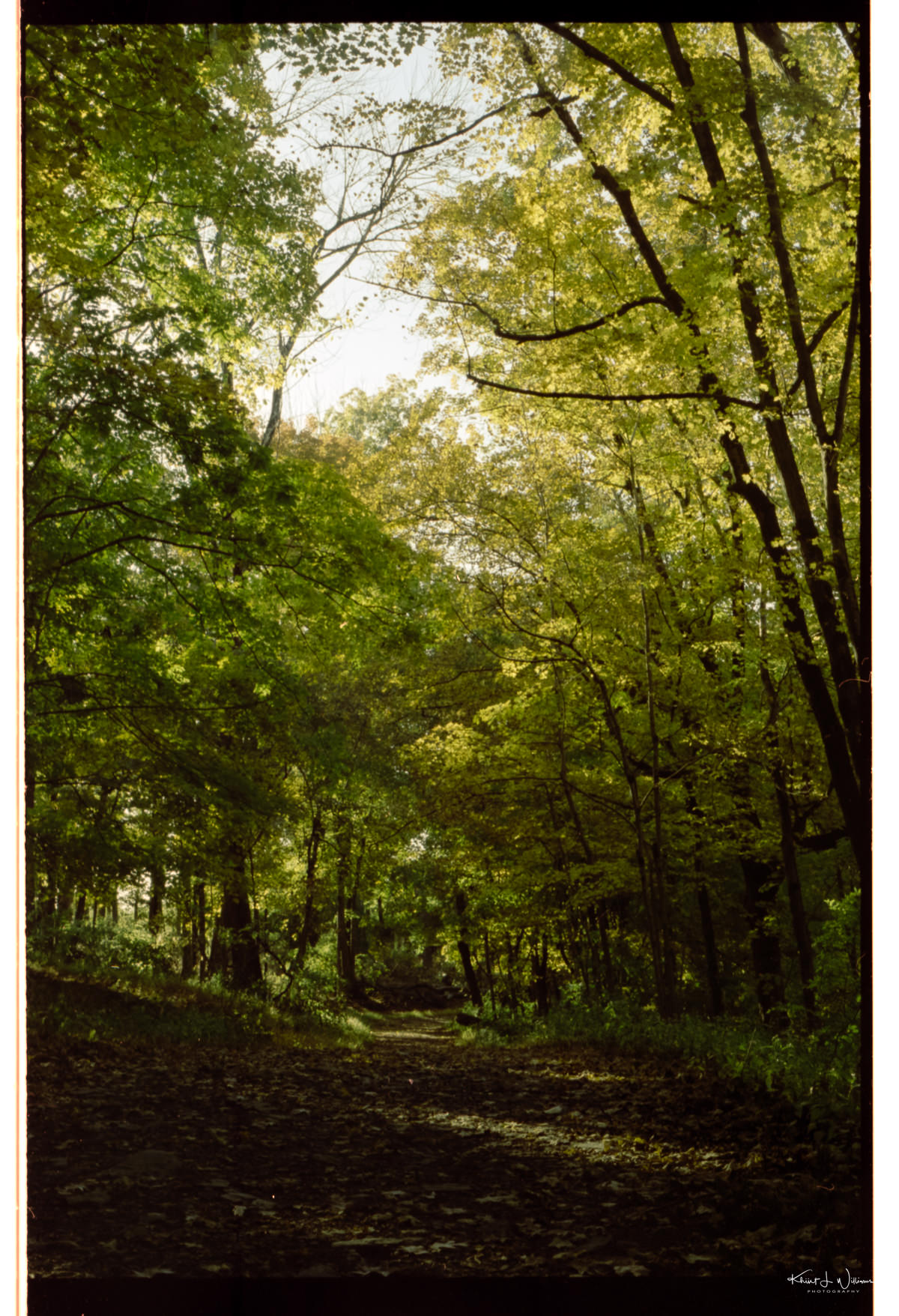
Certain types of bird seeds may also contain toxic plants or flowers that can harm dogs if ingested. Dogs exploring outdoor areas where bird seed is scattered may be tempted to taste or consume it, unknowingly exposing themselves to potential toxins. As responsible dog owners, it’s crucial to be vigilant and take precautions to prevent our pets from accessing bird seed.
Choking Hazards and Gastrointestinal Issues

Another hazard associated with bird seed is the size and shape of the seeds themselves. The small, hard particles can pose a choking hazard, especially for smaller breeds or puppies with limited chewing ability. Ingesting a large quantity of bird seed can also lead to gastrointestinal issues in dogs, causing symptoms such as upset stomach, vomiting, diarrhea, and even intestinal blockage.
Allergic Reactions in Dogs

Just like humans, dogs can develop sensitivities or allergies to certain substances. Some dogs may have allergies to the ingredients found in bird seed. Exposure to these allergens can trigger allergic reactions in dogs, including skin irritation, itching, and gastrointestinal distress. It’s important to be aware of your dog’s potential allergies and take necessary precautions.
Understanding the Risks

It’s essential to understand that the level of toxicity or harm associated with bird seed can vary depending on the specific type and brand. Different bird seeds may contain different ingredients and chemicals, which can result in varying levels of risk for dogs. If your dog has consumed bird seed, it’s advisable to consult a veterinarian for guidance specific to the type of bird seed involved.
What to Do if Your Dog Ingests Bird Seed

In the following sections of this article, we will explore the symptoms of bird seed poisoning in dogs, provide steps to take if your dog ingests bird seed, and discuss preventive measures to avoid such incidents in the future. By being well-informed and proactive, you can effectively safeguard your furry friend from the potential dangers of bird seed ingestion.
Symptoms of Bird Seed Poisoning in Dogs
![]()
Bird seed poisoning in dogs can manifest through various symptoms, indicating their sensitivity or allergic reaction to specific seeds or grains. Recognizing these symptoms is crucial for promptly addressing the situation and seeking appropriate veterinary care. Here are some common signs associated with bird seed poisoning:
-
Vomiting: A prevalent indication of bird seed poisoning is vomiting. Ingesting the seeds can trigger a negative reaction in the dog’s digestive system, leading to episodes of vomiting. Pay attention to any undigested bird seed in the vomit, as it provides a clue to the underlying cause. Repeated vomiting requires immediate veterinary attention.
-
Diarrhea: Another common symptom is diarrhea. Dogs affected by bird seed poisoning may experience loose, watery stools. Increased frequency of bowel movements can cause discomfort and potential dehydration. Monitor the consistency and frequency of your dog’s stool to assess their condition accurately.
-
Lethargy: Dogs suffering from bird seed poisoning often exhibit lethargy. They may display a general lack of energy and enthusiasm for their usual activities. Look out for signs of tiredness, weakness, and disinterest. Lethargy indicates the dog’s overall discomfort and should not be ignored.
-
Difficulty Breathing: In severe cases, dogs may experience difficulty breathing or respiratory distress due to bird seed poisoning. This symptom is particularly concerning as it may suggest a more serious allergic reaction or respiratory irritation caused by specific seeds. Rapid breathing, wheezing, coughing, or labored breathing should be treated as an emergency, and immediate veterinary assistance should be sought.
It’s important to note that these symptoms can also be associated with other health issues in dogs. Therefore, if your dog exhibits these symptoms after consuming bird seed, consult a veterinarian for an accurate diagnosis and appropriate treatment.
What to Do if Your Dog Eats Bird Seed


Encountering a situation where your dog has consumed bird seed and displays symptoms of poisoning can be distressing. However, it’s crucial to remain calm and take the following steps to ensure your dog’s well-being:
-
Do Not Panic: While it’s natural to feel concerned, panicking will not help the situation. Stay composed and focus on taking immediate action to address the issue.
-
Call Your Vet: Contact your veterinarian as soon as possible to seek professional guidance. Explain the situation, including the ingestion of bird seed and the symptoms your dog is experiencing. Your vet will provide appropriate instructions based on the severity of the symptoms and may advise you to bring your dog in for examination.
-
Follow Your Vet’s Instructions: Listen carefully to your veterinarian’s advice and follow their instructions. They may recommend home remedies or ask you to bring your dog in for further evaluation. Adhering to their guidance is crucial to ensure the best possible care for your dog.
By taking swift action and seeking veterinary assistance, you can help mitigate the potential risks associated with bird seed poisoning. In the following section, we will discuss preventive measures to avoid such incidents in the future.
What to Do if Your Dog Eats Bird Seed
Discovering that your dog has eaten bird seed can be concerning, but staying calm and composed is essential for handling the situation effectively. Follow these steps to ensure the well-being of your furry friend:
1. Stay Calm and Contact Your Vet
The first and most important thing to remember is not to panic. Take a deep breath and focus on taking the necessary steps to address the issue. Your dog can sense your emotions, so maintaining a calm demeanor will provide comfort and reassurance.
Contact your veterinarian as soon as possible. They are trained professionals who can provide specific guidance based on your dog’s individual needs. Be prepared to provide them with relevant information, such as the quantity and type of bird seed ingested, as well as any noticeable symptoms or changes in your dog’s behavior.
2. Follow Your Vet’s Instructions
Your vet will provide instructions based on the severity of the situation and your dog’s condition. They may ask you to observe your dog closely for signs of distress or discomfort, such as vomiting, diarrhea, abdominal pain, bloating, or changes in appetite or behavior.
It’s important to strictly follow your vet’s instructions. They may recommend inducing vomiting or taking other immediate actions, depending on the potential risks associated with the specific bird seed consumed. Trust their expertise and guidance in handling these situations.
In some cases, your vet may advise bringing your dog in for an examination. This allows them to assess the situation more thoroughly and provide appropriate treatment if necessary. Follow their recommendations and make arrangements to get your dog to the veterinary clinic promptly.
3. Monitor and Provide Water
While waiting for veterinary advice or assistance, monitor your dog’s behavior closely. Provide them with plenty of fresh water to drink. However, refrain from administering any home remedies or over-the-counter medications without your vet’s approval, as this could potentially worsen the situation or interfere with subsequent treatment.
By remaining calm, contacting your vet promptly, and adhering to their instructions, you can ensure that your dog receives the necessary care and treatment in the event of bird seed ingestion. Taking swift action is crucial in minimizing potential risks and ensuring your dog’s well-being.
How to Prevent Bird Seed Poisoning in the Future

To keep your furry friend safe from bird seed poisoning, it’s crucial to take preventive measures. By implementing the following practices, you can minimize the risk of ingestion and potential poisoning.
Store Your Bird Seed Properly
Proper storage plays a crucial role in preventing access to bird seed by pets, including dogs. Follow these guidelines to ensure your canine companion’s safety:
- Use airtight containers: Transfer bird seed to sturdy, airtight containers to prevent spills and easy access for your dog.
- Secure storage location: Choose a secure location that is out of your dog’s reach, such as high cabinets, locked closets, or elevated shelves.
- Avoid leaving containers open: Never leave bird seed bags or containers open or unattended, as dogs can easily tear through packaging and consume the contents.
Monitor Your Dog When Outdoors
Supervision is key when your dog is outside, especially in areas with bird feeders. By closely monitoring your dog’s behavior and taking proactive steps, you can prevent them from consuming bird seed. Consider the following tips:
- Supervise outdoor activities: Always keep a watchful eye on your dog when they are outside, promptly discouraging any attempts to approach or consume bird seed.
- Training and reinforcement: Train your dog to avoid eating bird seed or other foreign objects using positive reinforcement techniques. Reward them for obeying commands and discourage scavenging behaviors.
- Prevent access to bird feeders: Create physical barriers or use deterrents to prevent your dog from reaching bird feeders. This could include placing feeders in inaccessible areas or using specialized feeders designed to deter other animals.
Do Not Leave Bird Seed Unattended
To minimize the risk of your dog ingesting bird seed, be vigilant and take preventive measures. Here’s what you should do:
- Avoid unattended bird seed: Never leave bird seed unattended, especially in areas accessible to your dog.
- Promptly clean up spills: Clean up any spills or scattered bird seed promptly to prevent your dog from consuming it. Regularly check your yard or areas where bird seed is present to ensure cleanliness.
- Consider specialized bird feeders: Opt for bird feeders designed to deter other animals, making it difficult for dogs to access the bird seed.
By implementing these preventive measures, you can significantly reduce the risk of bird seed poisoning in your dog and provide a safe environment for their well-being.
Additional Tips
In addition to the preventive measures mentioned above, consider the following tips to further safeguard your dog’s health:
- Balanced and nutritious diet: Provide your dog with a well-balanced and nutritious diet to reduce the likelihood of seeking out alternative food sources like bird seed.
- Mental and physical stimulation: Incorporate engaging activities and regular exercise into your dog’s routine to minimize their interest in scavenging for bird seed or other harmful substances.
By following these preventive strategies and incorporating healthy practices into your dog’s lifestyle, you can create a safe environment and reduce the risk of bird seed poisoning in the future.
Conclusion
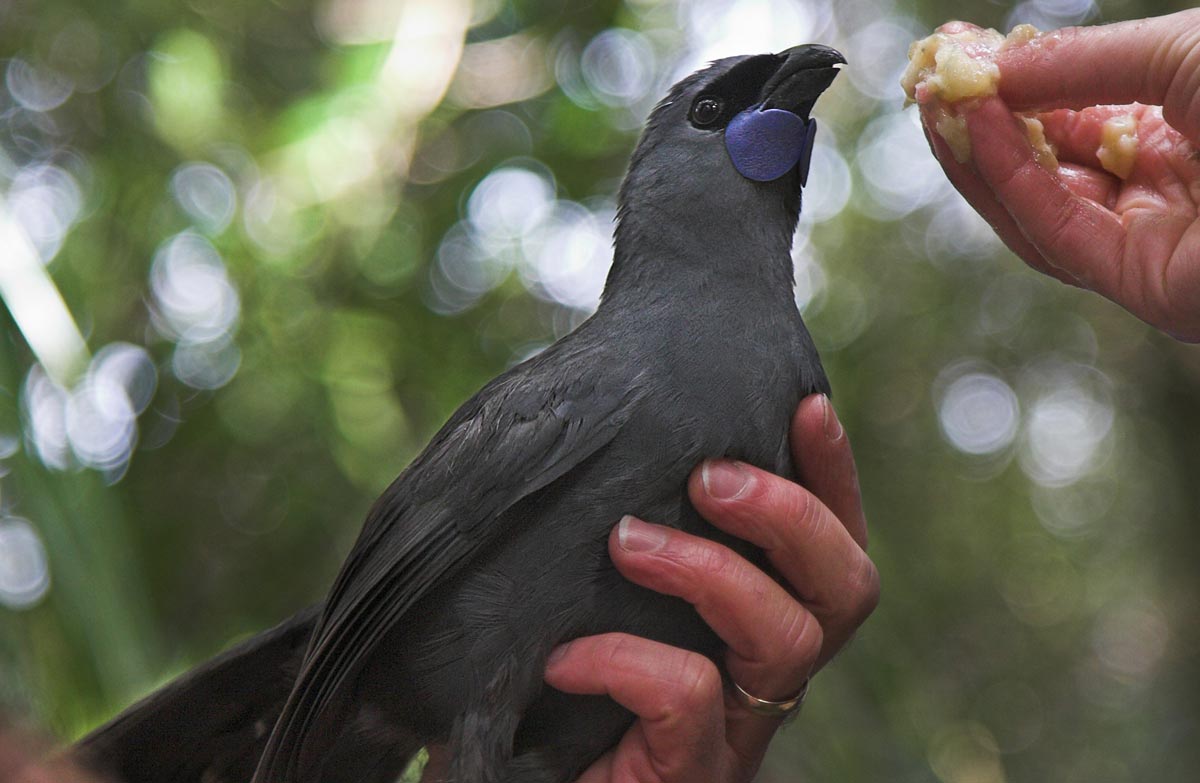
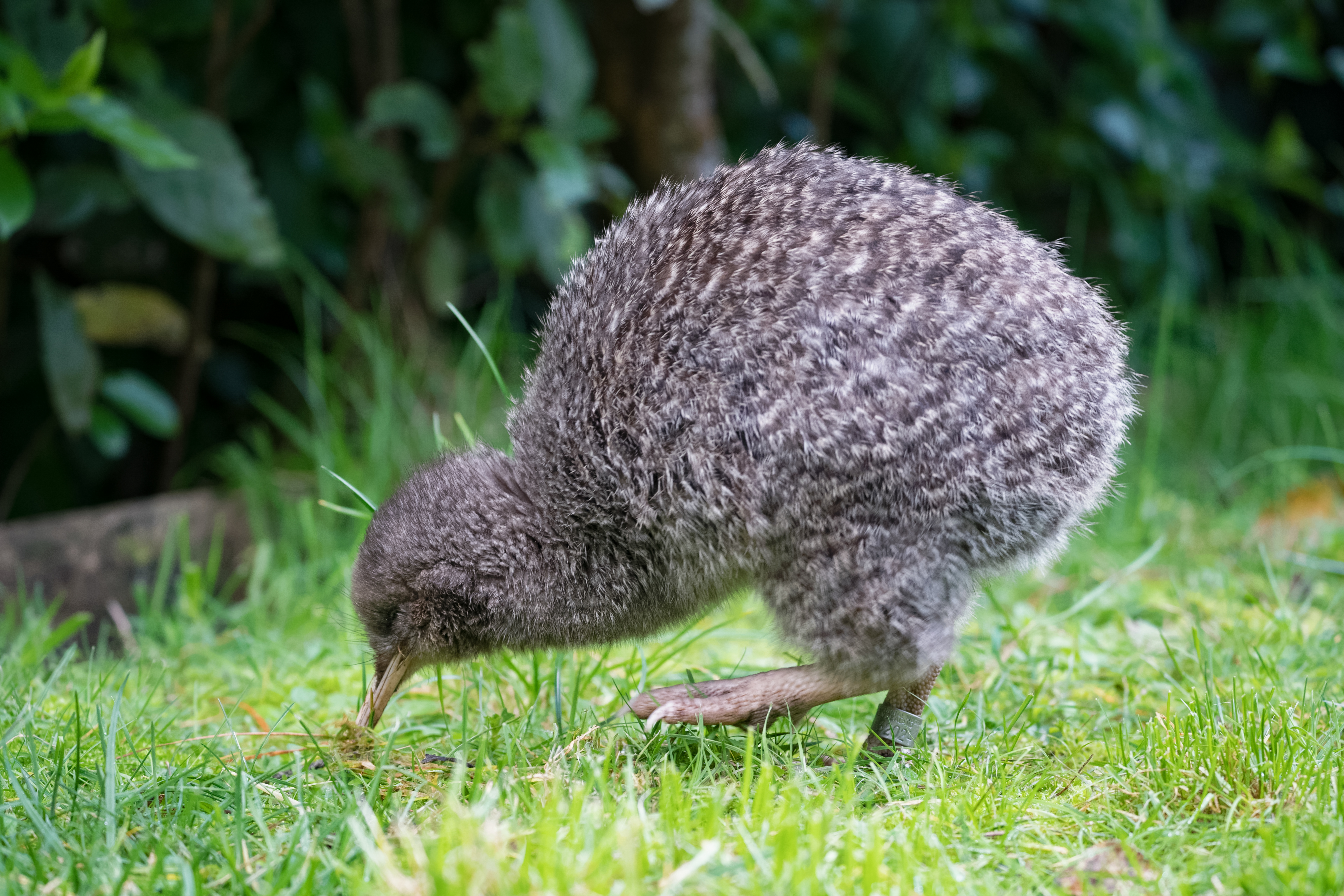
Bird seed poisoning poses a serious threat to dogs, but by taking proactive steps, you can prevent access to bird seed and minimize the risk of ingestion. Remember to consult with your veterinarian for personalized advice and continue providing your dog with a well-balanced diet and stimulating activities. Prioritize your dog’s safety and well-being to enjoy a worry-free environment while keeping your furry friend healthy and happy.
Conclusion
In conclusion, bird seed can pose a danger to dogs if ingested, leading to various symptoms and potential health risks. Taking prompt action is crucial to ensure your dog’s well-being. Throughout this article, we have explored the symptoms of bird seed poisoning, steps to take if your dog eats bird seed, and preventive measures to avoid such incidents in the future.
Key Takeaways
Remember these important points:
-
Act immediately: If your dog consumes bird seed, don’t panic. Take swift action, as even small amounts can be risky.
-
Contact your veterinarian: Reach out to your veterinarian or a pet poison helpline for guidance. They can assess the situation and provide appropriate advice based on the quantity consumed and the ingredients in the bird seed.
-
Monitor your dog’s behavior: Keep a close eye on your dog for signs of discomfort or distress. Take vomiting, diarrhea, lethargy, difficulty breathing, or unusual behavior seriously and notify your veterinarian promptly.
-
Implement dietary changes with caution: If advised by your veterinarian, consider withholding food briefly to allow your dog’s digestive system to settle. Always consult a veterinarian before making any dietary changes.
-
Preventive measures matter: To avoid future incidents, take preventive measures. Store bird seed securely, supervise your dog near bird feeders, and never leave bird seed unattended.
Summary of Steps to Take if Your Dog Eats Bird Seed
Here’s a recap of the recommended steps:
-
Assess the situation: Determine the amount of bird seed consumed. Larger quantities may require more immediate action.
-
Contact a veterinarian: Seek professional guidance from your veterinarian or a pet poison helpline, especially if the bird seed contains toxic ingredients like chocolate or xylitol.
-
Observe your dog: Monitor your dog for signs of discomfort or distress, such as vomiting, diarrhea, abdominal pain, or unusual behavior. Report concerning symptoms to your veterinarian.
-
Consult before changing the diet: Consider temporarily withholding food to allow your dog’s digestive system to settle, but always consult your veterinarian before making dietary changes.
-
Prevent future incidents: Take preventive measures like securing bird feeders or keeping them out of your dog’s reach to avoid further bird seed ingestion.
Remember, seek professional veterinary advice if you have concerns or uncertainties. By being proactive and informed about the risks associated with bird seed ingestion, you can ensure the well-being and safety of your beloved canine companion.
References
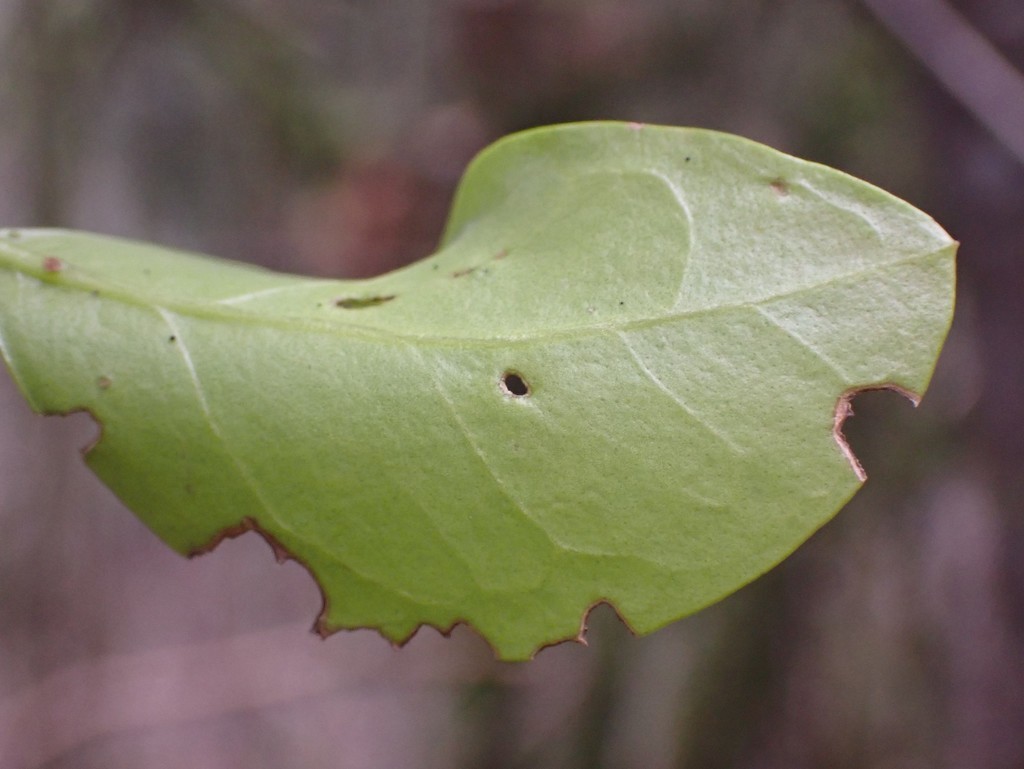
[Include any references used in the article here]
Frequently Asked Questions
Frequently Asked Questions
1. Can bird seed be toxic to dogs?
Yes, bird seed can be toxic to dogs. It may contain pesticides, herbicides, fungicides, artificial additives, or toxic plants and flowers that can harm dogs if ingested.
2. What are the symptoms of bird seed poisoning in dogs?
Symptoms of bird seed poisoning in dogs can include vomiting, diarrhea, lethargy, difficulty breathing, and allergic reactions. These symptoms may vary depending on the specific seeds or grains ingested.
3. What should I do if my dog eats bird seed?
If your dog eats bird seed, stay calm and contact your veterinarian immediately. Follow their instructions, which may include observing your dog for symptoms, inducing vomiting, or bringing them in for an examination.
4. How can I prevent my dog from eating bird seed?
To prevent your dog from eating bird seed, store it in airtight containers in a secure location out of their reach. Supervise your dog when outdoors, discourage scavenging behaviors, and promptly clean up any spills or scattered bird seed.
5. Is bird seed poisoning in dogs a serious condition?
Bird seed poisoning in dogs can be a serious condition, especially if toxic ingredients are present or if the dog ingests a large quantity. Prompt veterinary care is essential to mitigate potential risks and ensure your dog’s well-being.

Leave a Reply